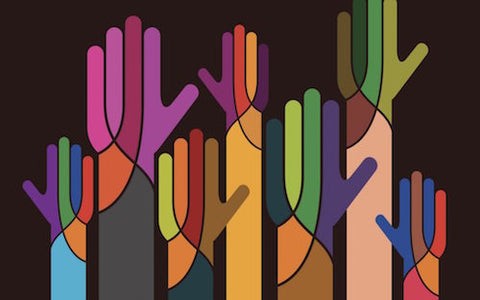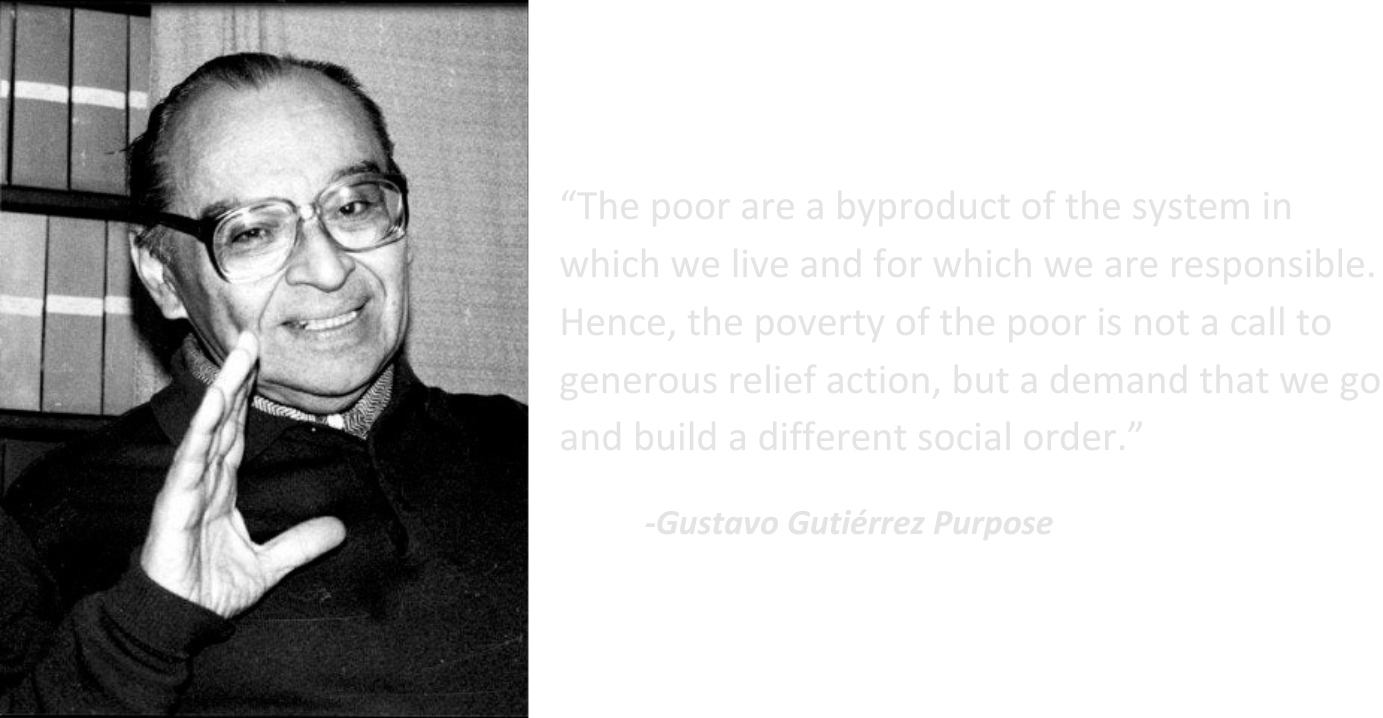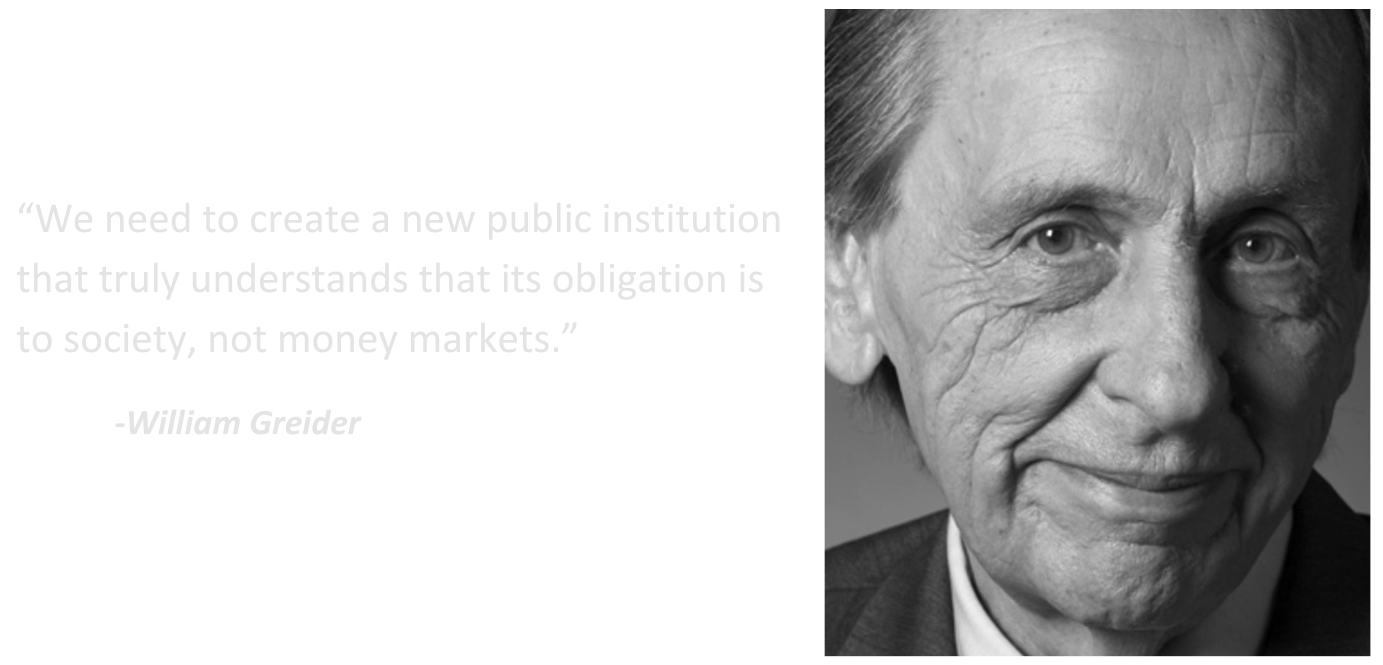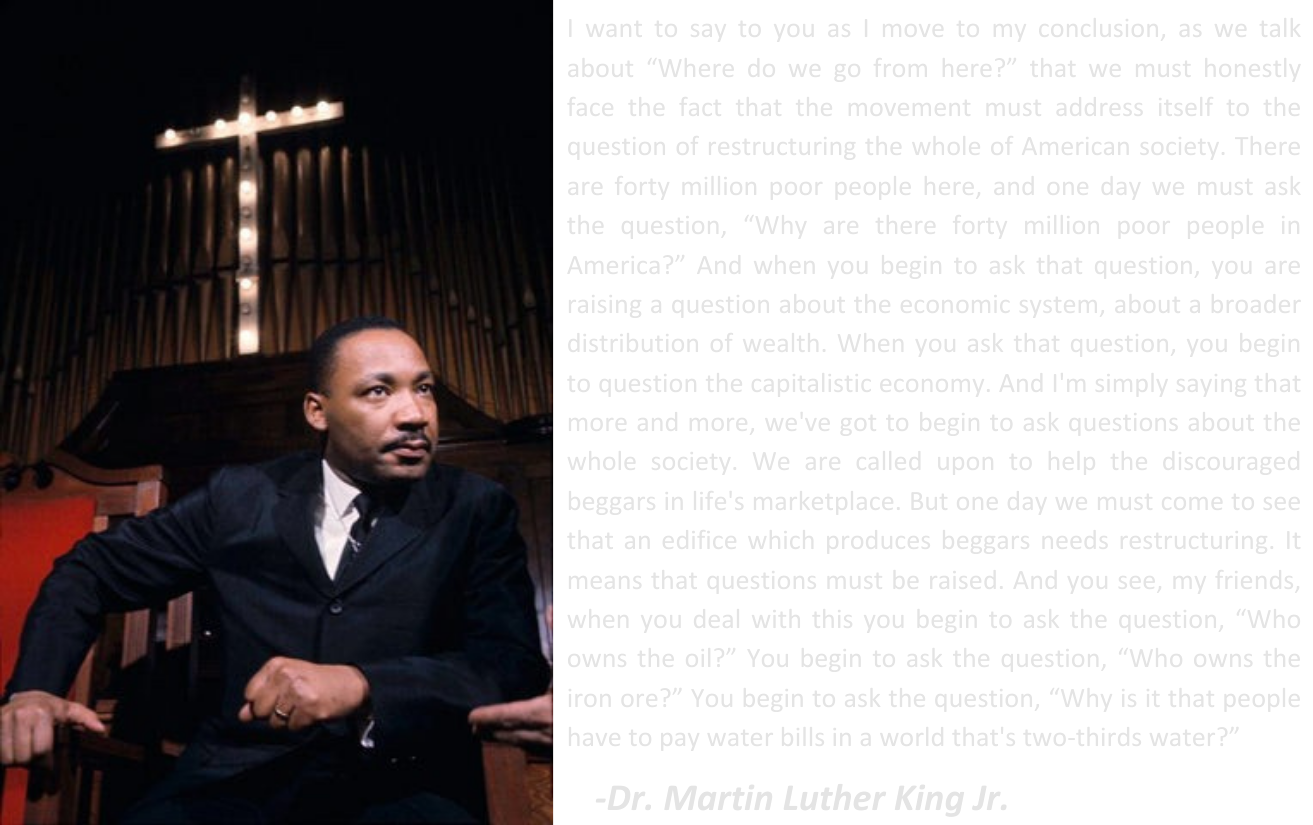Douglass Community Economics
The illusion is broken
We are currently witnessing the unfettered and unapologetic violence of institutions and systems that create oppressive artificial sacristy, genocidal nationalist ideologies, cults of individuality that smother the light of interconnectedness, and a faux secularism that renders the earth and all life as commodities easily disposed of and replaced.
The illusions of normality projected by antiquated systems of oppression have only recently been broken by the reality that the earth and all life are in a death spiral.
The death knell is a time of awakening from all illusions that create violence and suffering as a means of capturing the collective emancipatory freedom dreams of the multitudes.
In this moment of awakening, we are called to abandon all oppressive systems of power, so that we may free the capacity of our collective dreams to create modern realities of new emancipatory political and economic spaces that are grounded in the ideals of the Beloved Community that recognizes the interconnectedness of all.
Douglass Community Economics
Douglass Community Economics breaks the illusory constraints of artificial zero sum driven scarcity that has for too long hindered our ability to imagine modern transformational emancipatory alternatives.
Recognition of the fundamental dignity of the 8 billion plus who make up humanity requires that we no longer agree to relegate some to a life of drudgery so that others may be free. It means we must share out the work that remains to be done in a technologically advanced society, so that everyone has the right and the power to decide what to do with their time.
Douglass Community Economics argues that we must meet a systems crisis with systemic change, spanning every sphere of the economy, from state to market, household to commons. In place of the economics of enclosure and extraction, a 21st century commons founded on stewardship; in place of concentrated ownership and economic power, a new ecosystem of democratic ownership, governance and control to reshape how we create and distribute wealth; against austerity, an ambitious mission-oriented state, new models of public ownership and a reimagined household economy that challenges the social and economic inequalities of the fossil fuel age.
FreedomTrain and Douglass are the first decentralized Technologies intentionally aligned with Beloved Community Economics, and Douglass Community Policy, enabling the creation of new emancipatory political and economic spaces.
To live in a world of Douglass Community Economic abundance, means to live in a world of peace, love and purpose, where everyone is guaranteed free or low cost access to housing, food, clothing, sanitation, water, energy, healthcare, education, child and elder care, as well as means of communication and transportation, and the assurance of safety and human rights, Without exception.
The steadfast material security of Douglass Community Economics is what allows people to ask “How can I help the suffering and oppressed?” rather than “How am I going to live?”
Douglass Community Economics recognizes, that people are interdependent with one another and with nature, so each person’s well-being is measured by how well everyone and the environment are functioning with the goal of minimizing suffering for people and the planet. A communities well-being is measured by the aggregation of the well-being of all residents and the health of the ecosystem.
Douglass Community Economics strives for a holistic optimal outcome and evaluates a policy by how much it minimizes suffering. By reducing the suffering of people living impoverished and bleak lives, we improve the well-being of everyone.
Douglass Community Economics takes into consideration the protection of the environment, the state of the human spirit, and the quality of life of all people.
What if everyone suddenly had access to enough healthcare, education, and welfare to reach their full potential? A world of fully capacitated individuals would be one in which every single person could look forward to developing their interests and abilities with full community support.
Interdependence
Douglass Community Economics recognizes that we are all one, and that our interdependence extends to Nature and all beings. Interdependence provides the path for leading happy lives as individuals, as well as for creating policies to support a prosperous and sustainable life for everyone.
Interdependence in Douglass Community Economics is expressed in three ways.
1.Sustainably sharing resources to enhance the quality of life for ourselves and for others.
2.Integrating the caring for Nature and our environment into all activities
3.Reducing suffering and practicing compassion, both locally and globally.
Our interdependence with Nature leads us to measure the value of all the resources we use, as well as any damage we do to the environment, both right now and into the future. We harm ourselves when we harm our environment. In Douglass Community Economics, pollution is no longer considered a “free good” as it is in free market economics, where people and companies do not have to pay to pollute the air or water or land.
Being interconnected with our environment provides a different economic valuation than does traditional cost-benefit analysis for policies that reduce carbon dioxide emissions, protect endangered species, or preserve rivers, lakes, and groundwater.
Douglass Community Economics connects the suffering of one person to the suffering of all people. This circle of suffering includes people you have never met, even though you may wear the clothes, eat the food, or play on the devices they made.
Douglass Community Economics integration of interdependence provides us with powerful mandates. We no longer see ourselves as separate beings and no longer strive to maximize our own well-being. We find freedom from our own suffering, and we help to relieve the suffering of others. The personal is connected to the local, to the national, and to the global. Individual and community goals merge into the one goal of promoting the well-being of all.
Post Scarcity
For a post-scarcity Beloved Community to come into being, a literal cornucopia is not required. It is only necessary that scarcity and its accompanying mentality be overcome, so people can live, as Thomas More said, “with a joyful and tranquil frame of mind, with no worries about making a living.” According to this perspective, abundance is not a technological threshold to be crossed. Instead, abundance is a social relationship, based on the principle that the means of one’s existence will never be at stake in any of one’s relationships.
With Douglass Community Economics, creative minds and scientific aptitudes will no longer be wasted due to accidents of birthplace, the bad luck of challenging circumstances, or the necessity to survive. Funding for research or art would also no longer be determined by the profit motive. What we call “capital” in the society of scarcity would, in post-scarcity Douglass Community Economics, be recognized for what it is: our common social inheritance.
All Douglass products are aligned with Douglass Community Economics, Douglass Community Policy, The Beloved Community Pledge and The Beloved Community License.




